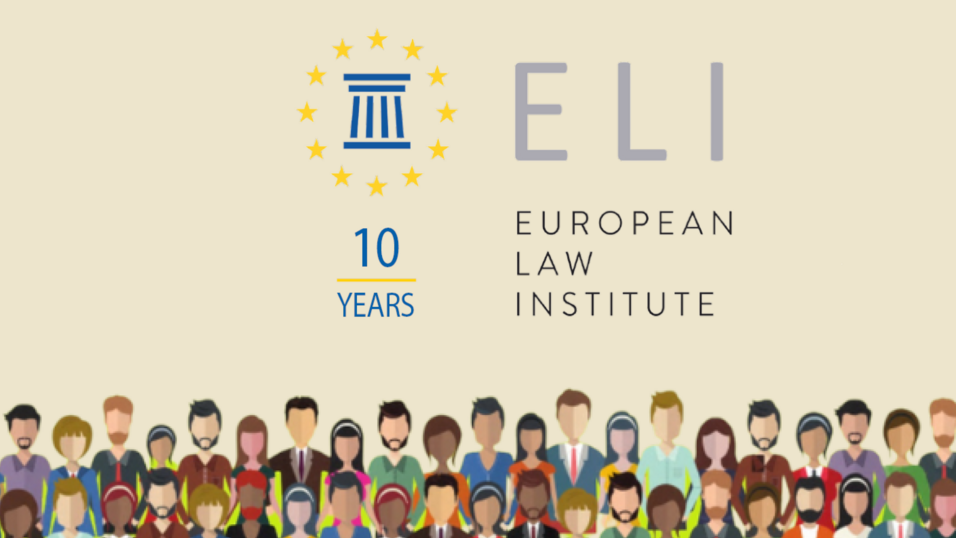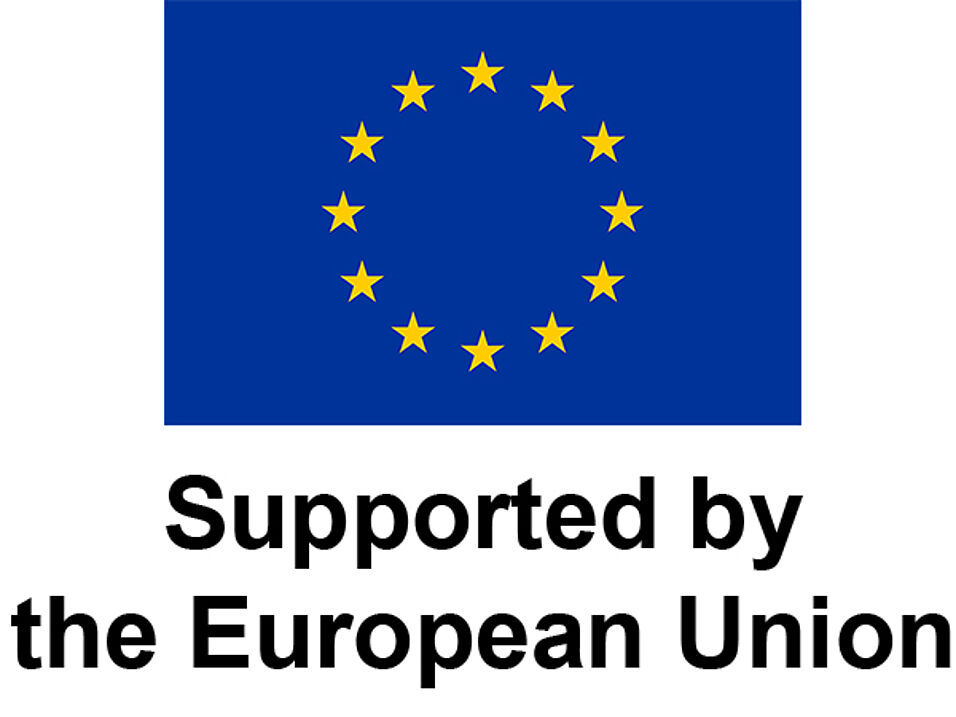ELI’s First Vice President, Lord John Thomas, welcomed over 70 participants and introduced the speakers – Diana Wallis and Robert Bray, Co-Reporter and Project Team member respectively of the ELI project on Business and Human Rights: Access to Justice and Effective Remedies (with input from the EU Agency for Fundamental Rights, FRA). They outlined the aim of the project and in doing so provided a background for the discussion. In particular, they presented possible ways to address problems resulting from human rights abuses by business and to ensure effective remedies in respect of the same.
The event started off with a question on whether proceedings should be able to be brought in national courts in Europe against companies supplying goods or providing services in Europe for breaches of human rights/damage to the environment in countries outside Europe. 82% of those participants who voted, agreed.
Participants were more divided as to the ways to deal with these issues. 49% were in favour of solutions being implemented in non-European countries that trade with Europe (eg helping improve their justice systems or developing other softer means of getting corporations to work together with the local population), while 38% opined that formal legal proceedings in Europe were more preferable. Some participants commented that both should be implemented to ensure optimal impact. They also raised the problems of enforcement (eg in case of the Lago Agrio).
The majority of participants (88%) agreed with the statement that good corporate behaviour can be encouraged by companies insisting on high standards of behaviour in their contracts with all those they deal with so as to raise standards throughout supply chains.
Participants raised current developments in various countries, including in Germany, where a supply chain law was enacted that obliges corporations to ensure that human rights are not violated along the entire supply chain. Those present exchanged views as to whether this could be a model for Europe.
The discussion then focused on whether relying on a system of companies compulsorily self-reporting and auditing themselves on such activities is sufficient, with 63% of those who voted being of the opinion that this is not the case and only a quarter of voters believing that this is a convincing option. Emphasis was put on the fact that such an exercise might be good for already compliant companies, but for some it can become just another box ticking exercise.
The idea developed in the ELI project of a stand-alone European Corporate Responsibility Ombudsman with substantial powers to investigate, fine and order compensation payments against corporates active in Europe (ie a name and shame mechanism) was debated last. Most participants (74%) favoured such an idea and suggested that it might prompt judges to award damages to victims directly, and not only fine companies.
A report summarising the discussions and conclusions reached was prepared, in consultation with participants, and submitted to the Presidency of the Conference on the Future of Europe. You can find it here.
The recoding of the webinar is available here.
ELI organised two more webinars within this series, on Artificial Intelligence (AI) and Public Administration – Developing Impact Assessments and Public Participation for Digital Democracy (on 25 November 2021) and on Climate Justice – New Challenges for Law and Judges (on 11 November 2021).


